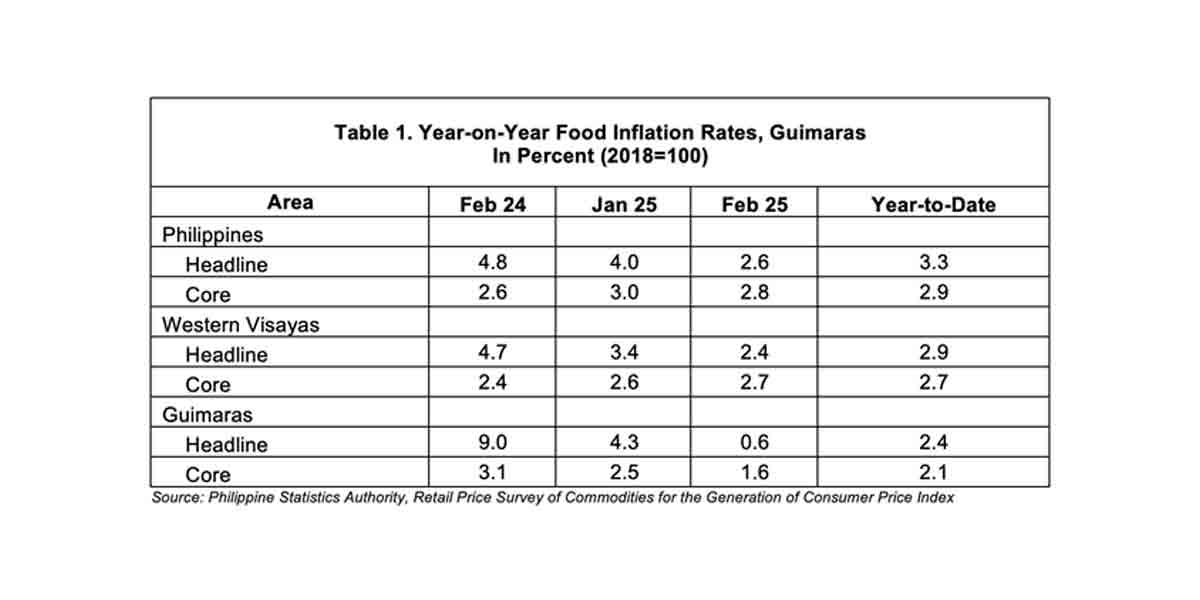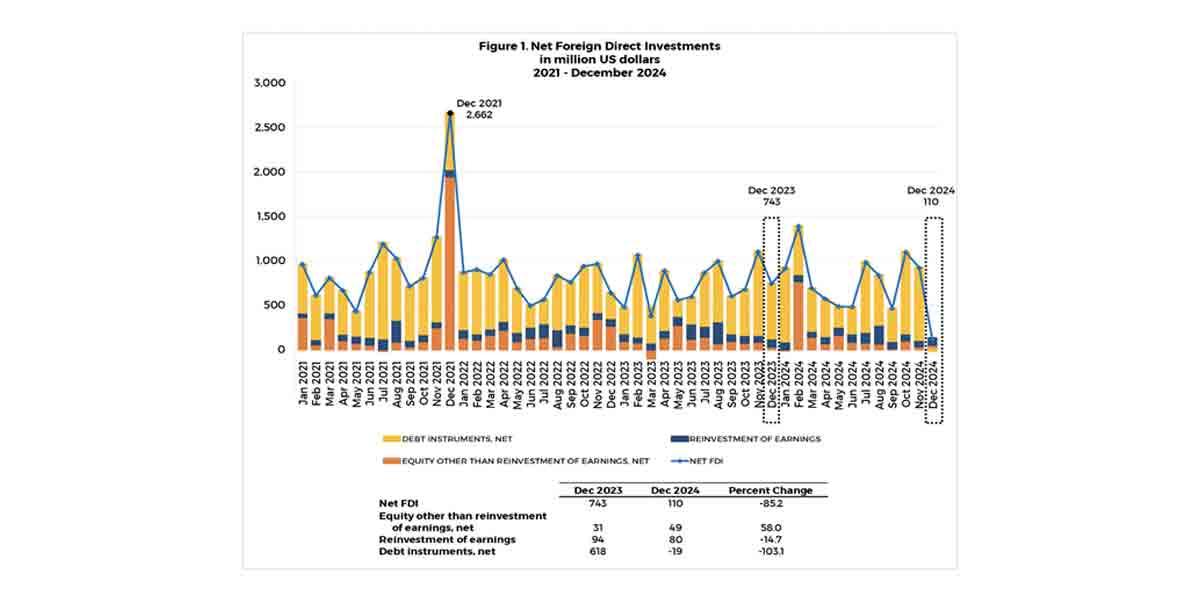 By: Prof. Enrique Soriano
By: Prof. Enrique Soriano
ENTREPRENEURS are constantly walking on a tightrope. On one side is the need for capital to grow the business. On the other side is the need for shareholder liquidity. As the business matures, balancing the competing demands of working capital and liquidity becomes a daunting challenge for most founders and owners especially those classified as family owned and controlled businesses.
Businesses encounter specific problems that come along with growing and aging; not just of the business, but also of the shareholder base. Often these are liquidity problems originating from structural or incidental conflict of shareholder and business interests.
So what is “Liquidity”? It is the speed at which an asset may be converted to cash; having cash or an asset that is easily convertible to cash, you have a natural debt paying ability and the mechanism to provide for dividends to shareholders. A liquidity problem on the other hand is a situation in which: a) one or more shareholders usually the founder, with a significant influence, demand the business to change its policy in providing liquidity for shareholders, or b) the business is unable to meet ‘outside’ liquidity demands (mandatory payments like taxes, suppliers, payroll, rent, etc.) that are necessary to keep the business afloat.
What are the main causes of cash flow problems? The main causes of cash flow problems are low profits or (worse) losses, over-investment in capacity, too much stock, death or incapacity of the owner or other members requiring a diversion of funds for urgent medical needs and family member entitlement by way of allowances even if they do not contribute anything of value.
Clearly, the need for capital is a recurring problem. Generating liquidity, debt carry and dividing between growth for the firm and payouts for entitled members have been a perennial waterloo for most companies. Some firms are conservative and hesitant to take on debt while some are highly leveraged, eating more than they can chew. The result is a predictable cash flow problem. There are many possible liquidity options, ranging from securing partnerships to going public, from raising funds by way of private equity. Every option has a different effect on capital, tax and control structure, so the timing, willingness and possibilities to change those structures will determine how easily the problem can be solved.
How can you solve cash flow problems? I can think of eight possible solutions to improve your overall cash flow management and set you up to recovery:
- Cut allowances of family members who are not contributing
- Improve sales volume
- Increase revenue streams
- Re-Negotiate Supplier Contracts
- Improve Your Invoicing Processes
- Incentivize your Clients to Pay Faster
- Stretch Out Your Payables
- Reduce Expenses
- Seek professional partners who can do the job better
If a company is to endure and provide the maximum potential opportunity, it must plan for provision of both adequate shareholder liquidity and sufficient business capital. And if I may add, there should be a clear blueprint like a shareholders agreement in case of sudden retirement of a shareholder due to incapacity or death of any shareholder, whether a minority or significant owner. This includes foreseeable expenditures such as a tax liability or taxes on the estate. Some people even use permanent insurance policies. The key is to prepare a plan with the objective of preserving the assets of the principals and to avoid the forced sale of the company.
***
Prof Enrique Soriano is a World Bank/IFC Governance Consultant, Senior Advisor of Post and Powell Singapore and the Executive Director of Wong + Bernstein, a research and consulting firm in Asia that serves family businesses and family foundations. He was formerly Chair of the Marketing Cluster at the ATENEO Graduate School of Business in Manila, and is currently a visiting Senior Fellow of the IPMI International School in Jakarta.
He is an associate member of the Singapore Institute of Directors (SID) and an advisor to business families worldwide, a sought after governance speaker, book author and have written more than 200 articles and publications, including two best-selling Family Business books (Ensuring Your Family Business Legacy 2013 and 2015). You can read Prof Soriano’s business articles for free at www.Faminbusiness.com






















